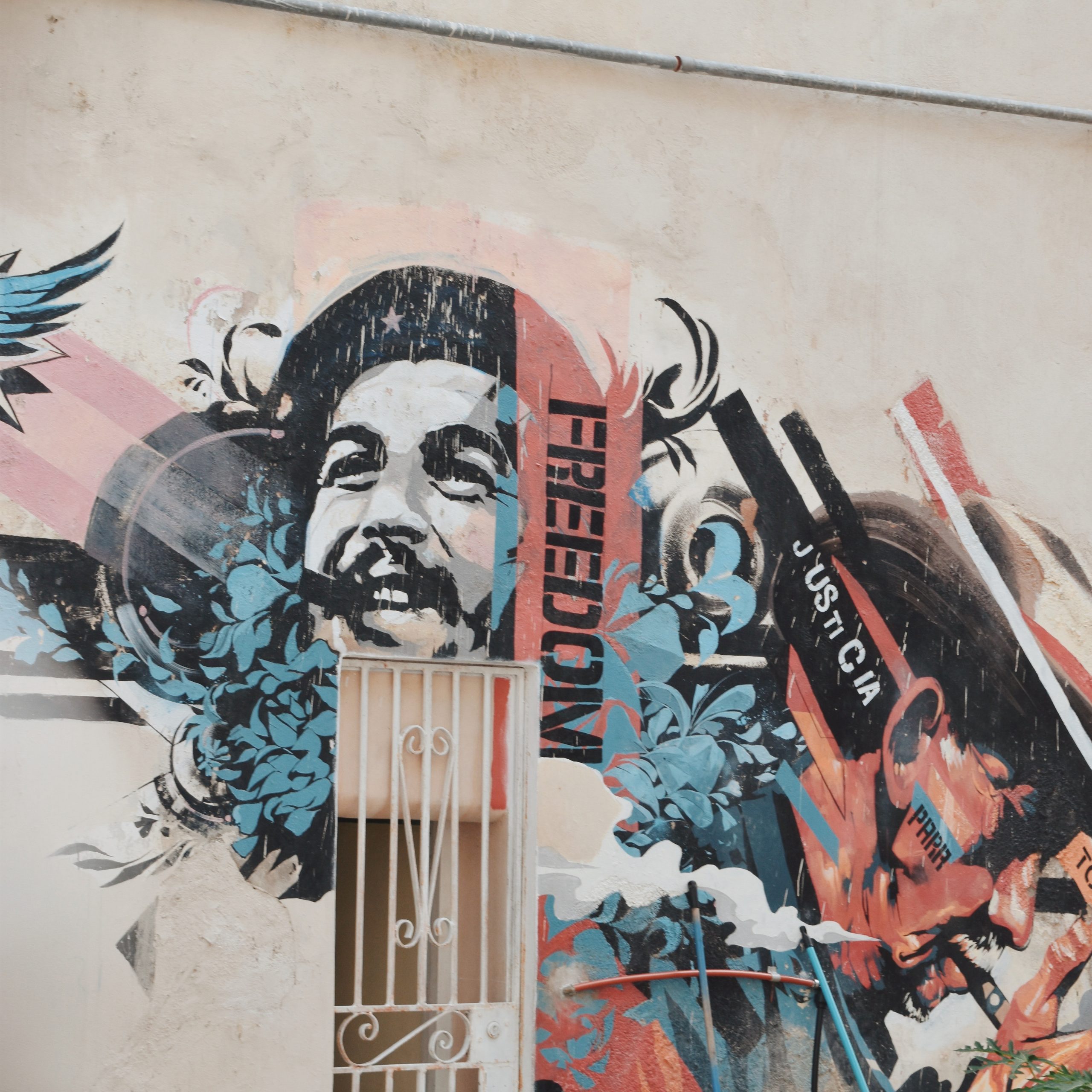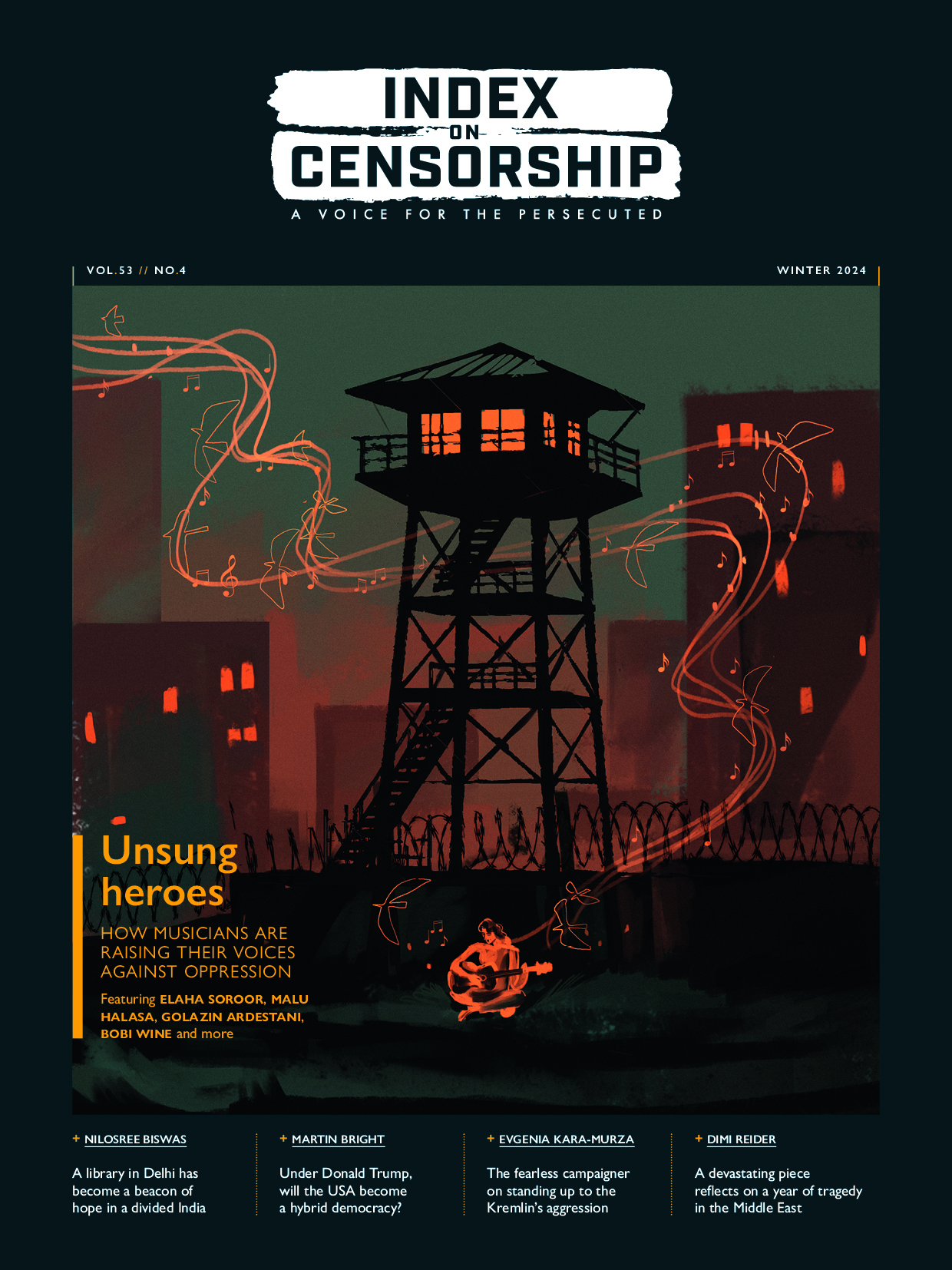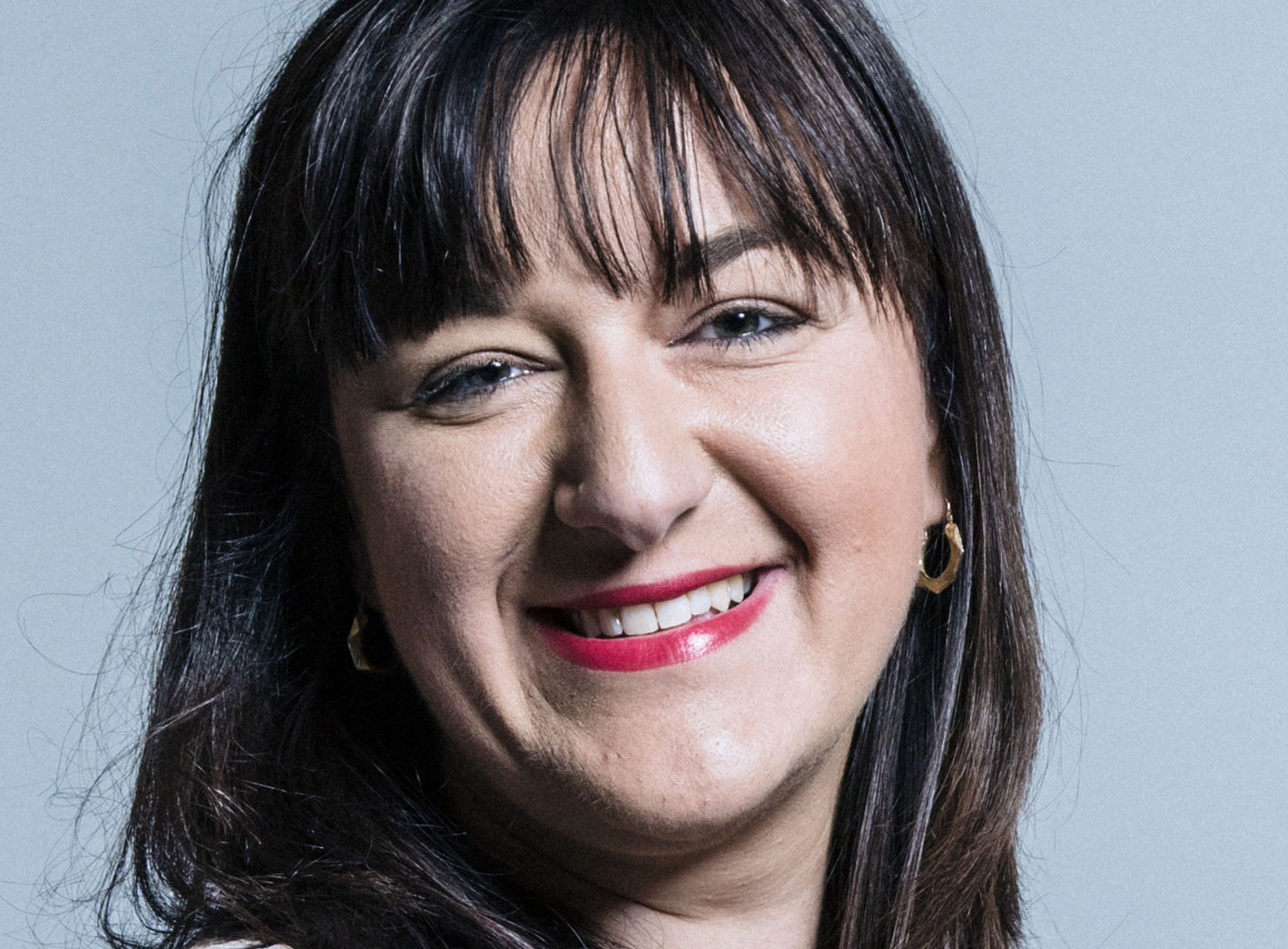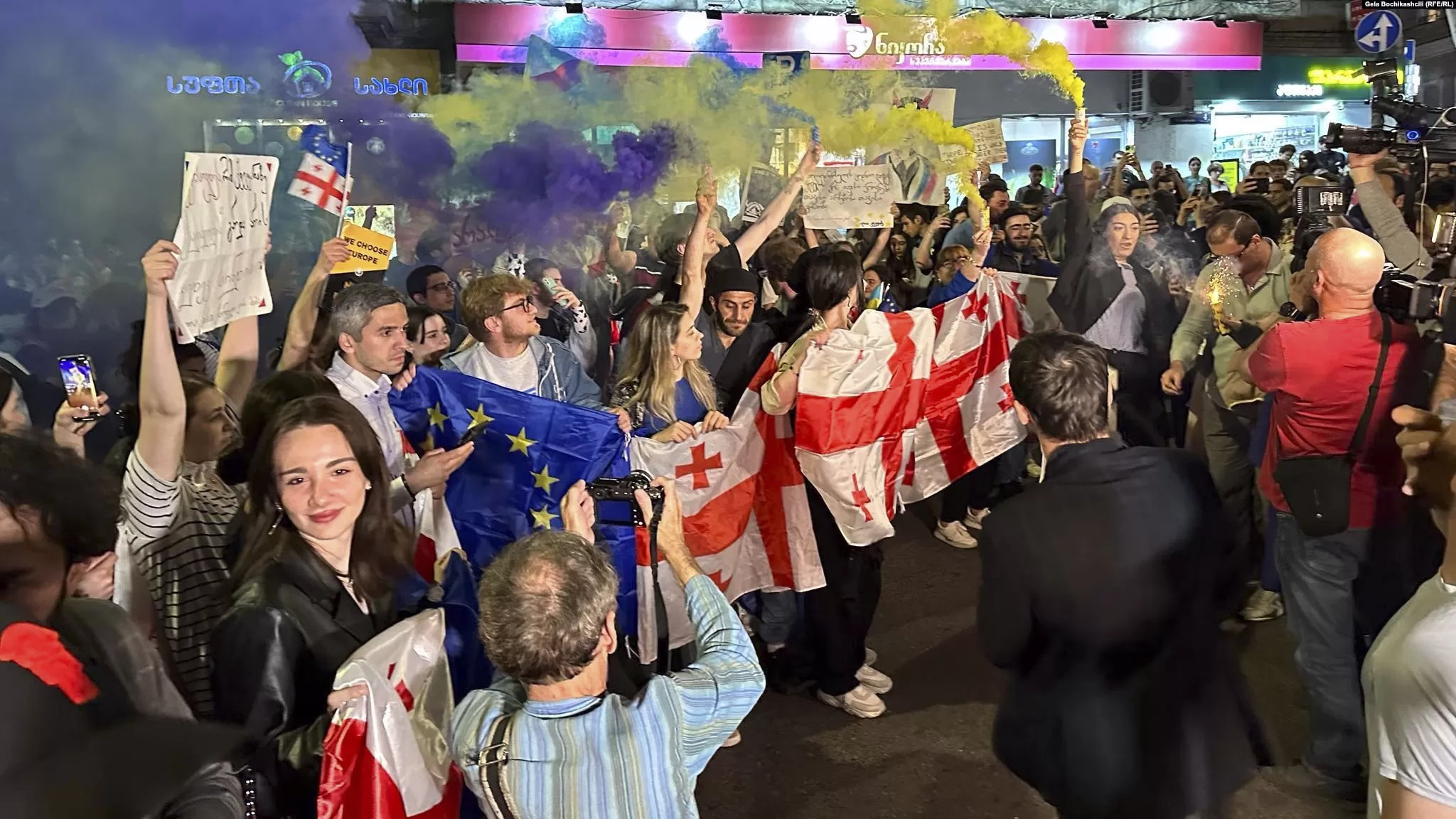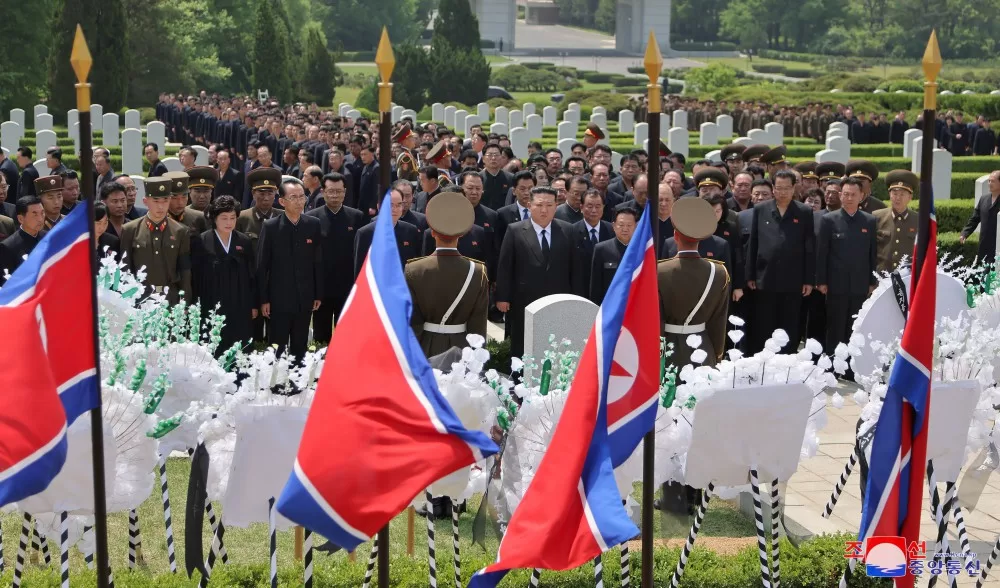[vc_row][vc_column][vc_column_text]
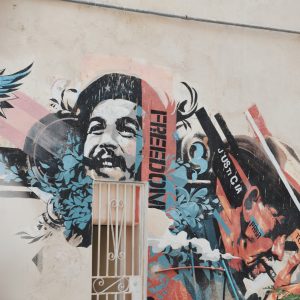
Mural showing Che Guevara in Havana, Cuba
Index on Censorship was established half a century ago to be a voice for those writers and scholars who lived under repressive regimes. We were formed to be a space to publish their works and, just as crucially, to be their advocates at home and abroad. Using their words and experiences to shine a spotlight on the realities of authoritarian regimes wherever they were a threat to free expression.
Since our launch we have documented incidents in countries as diverse as Niger and Belarus, China and Pakistan, Palestine and Myanmar. We campaign for the right to free expression wherever in the world it is being undermined, including in Europe and the US. Most importantly, we support brave journalists, activists, artists and writers wherever and whenever we can.
Index is not driven by an ideology, we care little if a regime claims the mantle of the left or right. Rather, our actions are guided by the deepest of convictions that totalitarianism and repression anywhere in the world undermine our collective rights to free expression. In other words – an attack on one is an attack on all – and we are on the side of those being persecuted.
Which brings me to Cuba. Index first wrote about the Cuban regime’s efforts to undermine free speech and free expression in 1980. In the intervening 40 years we have commissioned dozens of journalists, dissidents and artists to report on the lived reality on the ground. I think it’s fair to say that peoples lived experience in Cuba has not changed for the better in that time.
This month we saw yet more protests on Cuban streets, with people protesting in at least 15 different towns and cities, from San Antonio de los Banos to Palma Soriano. It has been reported that five people were killed in the protests. More than 500 people are currently missing thought to be detained by the regime, according to the Center for a Free Cuba. Many more have been arrested and charged. Such are the restrictions on the ground that we honestly don’t know how many people have been arrested, what they have been charged with and where they are.
The reality is we know more about is happening to protestors in Myanmar than we do in Cuba. Journalists are being routinely arrested and threatened. And the regime is focused not on responding to the issues which have sparked the dissent – but rather initiating a crackdown. This is not a utopian society – it is a repressive regime, which is seeking to silence those who disagree.
The Cuban government have done an amazing job in romanticising their actions – building a global movement of solidarity based on the images of Che Guevara and the socialist speeches of Fidel Castro. But the reality has never matched this romantic vision. RSF has ranked Cuba 171 of all countries in the 2021 World Press Freedom Index. The Committee to Protect Journalists ranks Cuba as one of the 10 most censored countries in the world. And Freedom House designates Cuba as ‘not free’ – scoring 13 out of 100 for political rights and civil liberties.
Cuba is a repressive regime – it works to supress the human rights of its citizens and Index on Censorship will continue to support Cuban dissidents as they seek to shine a light on the authoritarian actions of the Cuban regime.[/vc_column_text][/vc_column][/vc_row][vc_row][vc_column][three_column_post title=”You may also want to read” category_id=”41669″][/vc_column][/vc_row]

